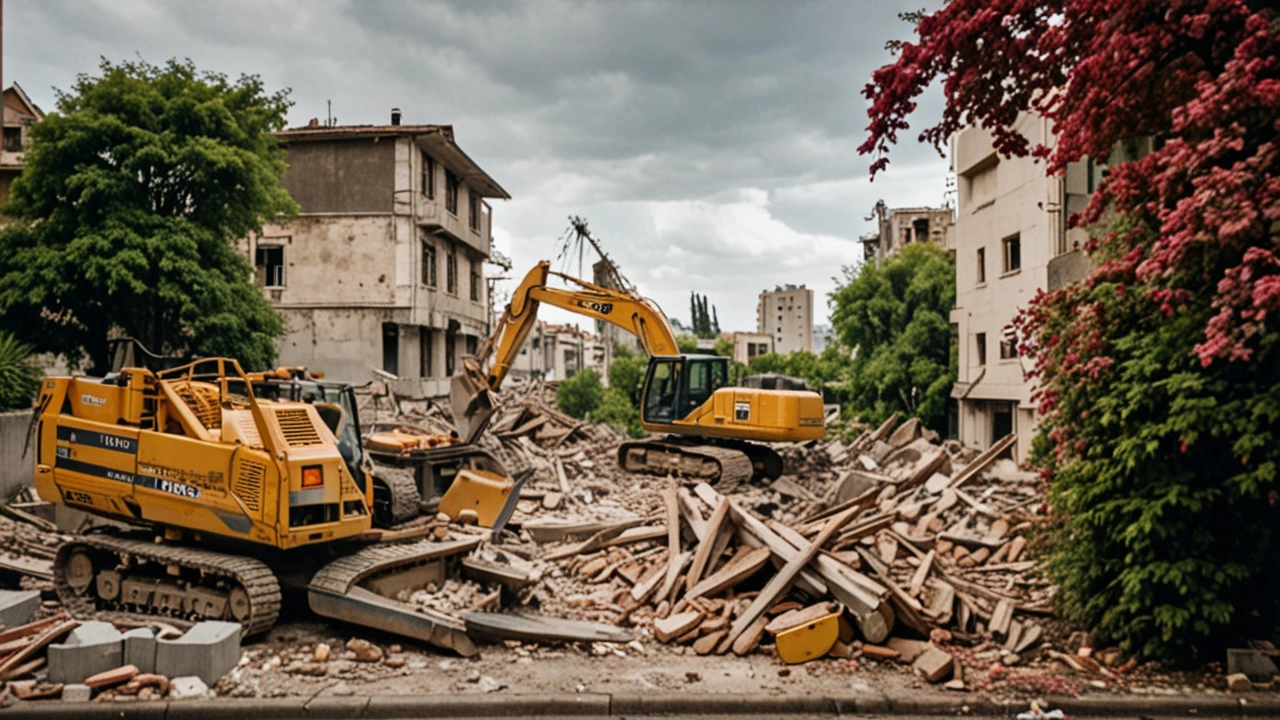Kenya Earthquake: What You Should Know
Earthquakes aren’t something many people associate with Kenya, but seismic activity in East Africa can and does happen. Understanding these natural events is key, especially if you live there or are involved in relief or development work. Kenya sits near the Great Rift Valley, a geological hotspot where tectonic plates interact and cause fractures underneath the Earth’s surface.
These interactions lead to occasional earthquakes, which may vary from minor tremors you barely feel to more significant shocks with real impact on communities. While not as frequent or intense as in other parts of the world, Kenya's earthquake risk is real enough to warrant attention, especially for preparedness and response.
What Causes Earthquakes in Kenya?
Kenya experiences earthquakes mainly due to its location along the East African Rift System. This rift is a giant scar stretching across the continent where tectonic plates slowly pull apart. When these plates shift, they release energy underground, creating seismic waves that shake the surface. Occasionally, volcanic activity linked with this rift can also trigger earthquakes.
Most quakes in Kenya are moderate, but historical records show that stronger ones have occurred. For example, seismic events near Lake Turkana or in the Rift Valley region may cause localized damage, affecting homes, roads, and infrastructure. It's important for local officials and residents to stay informed and to have emergency plans in place.
How to Stay Safe If an Earthquake Strikes
What should you do if the ground starts shaking? The basics are simple: drop, cover, and hold on. Find a sturdy piece of furniture to hide under or stay against an interior wall away from windows and heavy objects. If you’re outside, move to a clear area away from buildings, trees, and power lines.
In Kenya, where construction styles vary, it’s especially smart to secure heavy furniture and understand the structural safety of your home or workplace. Emergency kits with food, water, and medical supplies can be lifesavers after a quake, as disruptions to services and transport are common.
Even if you’re not in an earthquake-prone area, knowing these safety basics helps. It's all about being prepared, which makes a big difference when every second counts.
On July 16, 2024, Kenya experienced a 4.6 magnitude earthquake, impacting the capital Nairobi and the area of Magadi. The quake resulted in significant disturbances, with many residents feeling the strong tremors. Authorities are assessing the damage and ensuring public safety.


 Sports
Sports